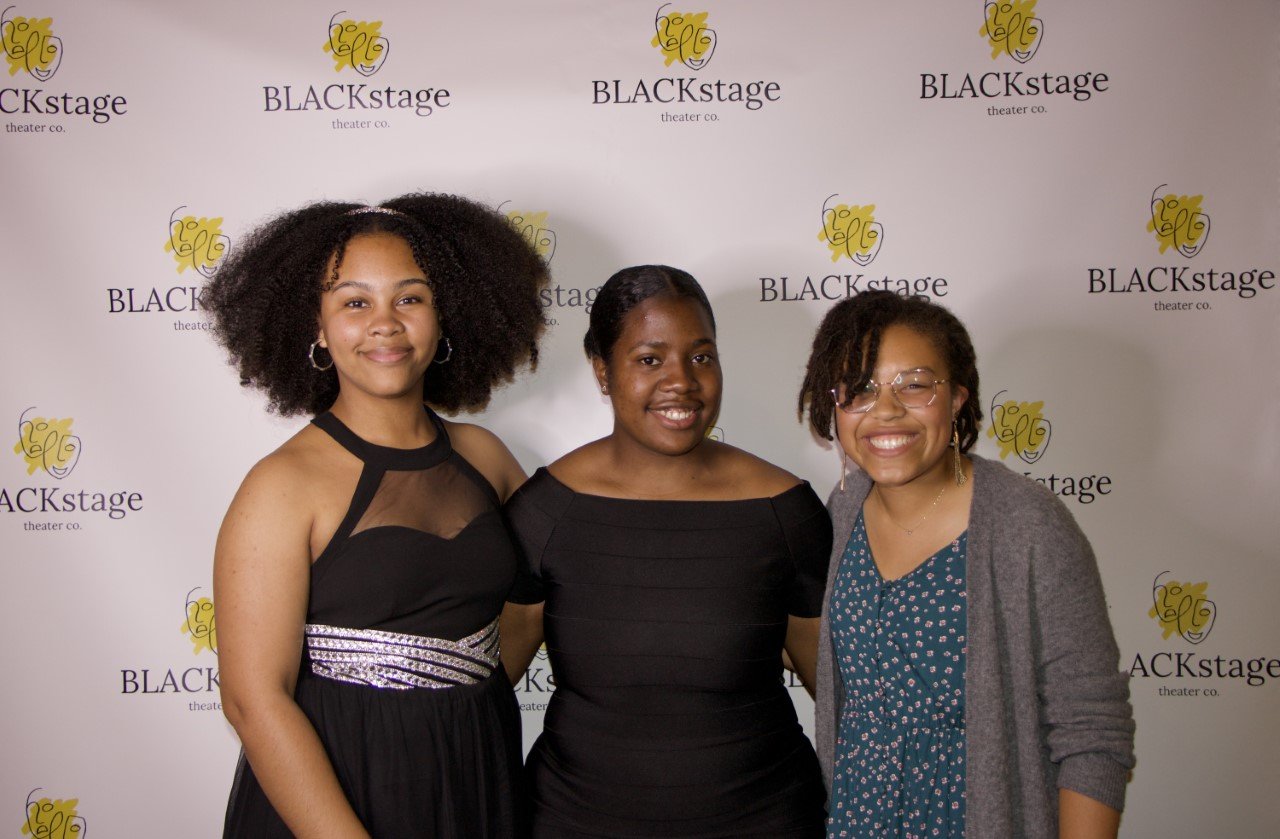After several years off the stage, BLACKstage has returned to campus with a focus on inclusion and education.
The club was originally founded by Issa Rae ’07 and Tracy Oliver ’07 to tell Black stories and create a space for Black students in theater. After dissolving in 2013, the club was brought back to life in 2017 by students frustrated with the lack of representation in Ram’s Head, Stanford’s oldest theater company. The club fizzled out again after campus shut down due to the COVID-19 pandemic. Now, these students are bringing it back.
Aiyanna Johns ’24, Aiyana Washington ’24 and Lee’Shae Lawson ’23 decided to reform the club after meeting in the virtual 2020 production of Gaieties, a show produced by Ram’s Head. Johns briefly served as the director of Gaieties 2021 but decided to step down to form the new iteration of BLACKstage.
“I had made a lot of efforts to diversify the entire process, and then I felt like I wasn’t met with the support that I wanted to be met with,” Johns said. “I didn’t want to ask permission to make theater colorful, so I said, ‘Let’s just make our own space.’”
Though BLACKstage wasn’t active at the time, Johns felt drawn to the community the club had created in the past.
“I was so excited to know that at some point — even though it had been gone for a while — there was a place at Stanford where Black students were telling Black stories by Black students, for Black students. I thought that was just the most amazing thing, and I wanted to bring it back,” Johns said.
“We recognize the problematic history of Ram’s Head and the institutional knowledge that has been built off of it. Although we are making an effort to change, that doesn’t mean we’re currently seeing the desired outcomes. And as this history of bigotry still prevails in Ram’s Head today, we fully support any of our members who choose to leave Ram’s to find a community where they feel more represented and supported,” wrote Kiki Hood ’23, Ram’s Head’s executive producer.
“We believe that everyone who wants to be involved with theater should have a space where they feel comfortable enough to explore the art form, and companies like BLACKstage create spaces for BIPOC and marginalized people to produce and explore theater in ways that Ram’s Head at this moment cannot. We fully support any organization that is striving to improve the culture of theater on this campus,” Hood added.
Last spring, BLACKstage held a meeting to choose the shows and leadership for the 2022-2023 season. The club decided on “Pipeline,” a play about the school-to-prison pipeline present in African-American communities, as their winter show and “Cinderella” as their spring musical.
“We wrote a pros and cons list, and ‘Pipeline’ was actually the only show that we didn’t write any cons for,” Washington said. “As Black students at a predominantly white institution, I think that really, really hit us hard.”
According to Johns, the club designated each potential show as either “color-conscious” or “colorful” depending on whether or not the characters’ race is central to the story. The club decided to produce one show from each category.
The club’s prior revival in 2017 also involved the production of a color-conscious show; students reformed BLACKstage to put on a production of “Ragtime,” a musical about the experiences of different racial groups in early 1900s New York, after the show was cut from the Ram’s Head spring show ballot. In 2018, BLACKstage put on a production of “The Wiz,” a retelling of “The Wonderful Wizard of Oz” that centers the Black American experience, which the group had previously put on during its first iteration in 2008.
“Our winter play is definitely color-conscious, and the story is very much rooted in the character’s identity as Black people in America,” Johns said. “The other show, ‘Cinderella,’ is absolutely colorful; it’s set in a fairy tale land far, far away, and anyone can be a part of that tale.”
Though the club is yet to cast their winter show, they’ve already heard from students interested in the spring production of “Cinderella.”
“We still have so many people to recruit, but we’re so excited about the potential of bringing people in,” Washington said. “I guess we’re all in anticipation of what’s to come.”
According to Washington, many students don’t get involved in theater on campus due to a lack of opportunities to participate in theater in high school. Lee’Shae Lawson, BLACKstage’s Education Chair, is tasked with remedying this gap.
“My main goal is to produce programming and resources that make theater more accessible and inform people of what roles there are in theater,” Lawson said. “We have a lot of people say, ‘Oh, I don’t know much about theater,’ or ‘I’m not an actor,’ but there are so many things you can do.”
